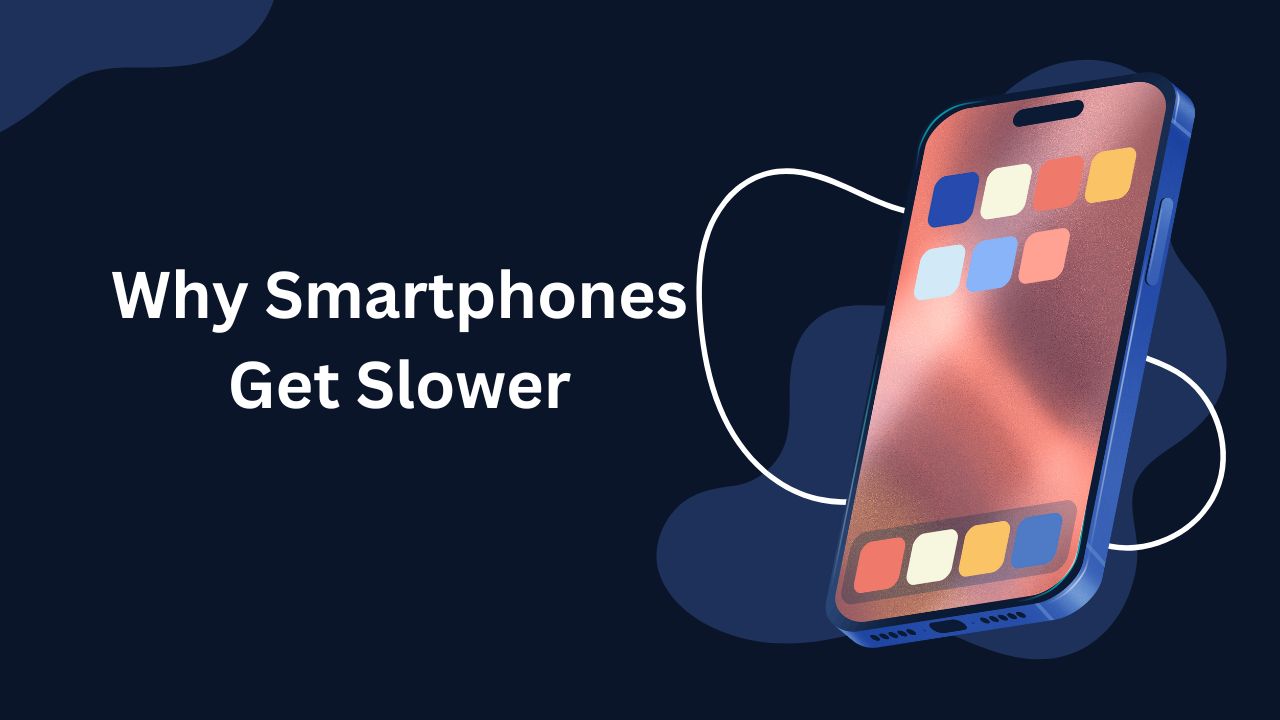
Introduction - Why Smartphones get Slower
Why smartphones get slower is a common question among users as their once lightning-fast devices start to feel sluggish. This decline in performance can be frustrating, especially when it affects the efficiency of daily tasks. In this article, we’ll explore the various factors that contribute to why smartphones get slower over time and provide some tips to help mitigate this issue.
Software Updates and Compatibility
One of the primary reasons why smartphones get slower is due to software updates. While updates are meant to enhance functionality and security, they can also increase the system’s demand on hardware resources. As new features are added and the operating system evolves, older hardware may struggle to keep up, leading to a noticeable slowdown.
Accumulation of Apps and Data
Another significant factor in why smartphones get slower is the accumulation of apps and data. Over time, as you download more apps and store more files, your device’s storage and memory can become overwhelmed. Background processes and services from these apps can also consume valuable system resources, contributing to slower performance.
Fragmented Storage
Storage fragmentation is a less obvious but crucial reason why smartphones get slower. As files are created, deleted, and moved around, storage can become fragmented, making it harder for the system to access data efficiently. This fragmentation can slow down read and write speeds, leading to a decrease in overall performance.
Aging Hardware
As smartphones age, their hardware components naturally degrade. The battery, for instance, may lose its ability to hold a charge, causing the device to throttle performance to conserve energy. Additionally, the processor and memory can become less efficient, which is why smartphones get slower with time.
Bloatware and Pre-installed Apps
Many smartphones come with pre-installed apps, commonly known as bloatware. These apps often run in the background, consuming resources without providing much value to the user. This is another reason why smartphones get slower, as these unnecessary processes can take up CPU and memory space.
Malware and Viruses
Security threats like malware and viruses can also explain why smartphones get slower. Malicious software can hijack system resources, run unwanted processes, and even damage hardware. Regular security checks and using reliable antivirus software can help protect your device from these threats.
Overheating
Overheating is another critical factor in why smartphones get slower. When a device gets too hot, it may throttle its performance to prevent damage to the internal components. Prolonged exposure to high temperatures can also cause permanent hardware damage, leading to a persistent slowdown.
How to Prevent Smartphones from Getting Slower
Understanding why smartphones get slower can help you take proactive measures to maintain your device’s performance. Here are some tips to keep your smartphone running smoothly:
- Regularly Update Software: Keep your operating system and apps up to date to ensure you have the latest optimizations and security patches.
- Manage Storage: Regularly delete unused apps and files to free up storage space and reduce background processes.
- Use Performance-Boosting Apps: Consider using apps designed to clean up storage, manage background processes, and optimize performance.
- Monitor and Control App Permissions: Limit app permissions to reduce unnecessary background activity.
- Perform Regular Maintenance: Periodically restart your device, clear cache, and perform factory resets if necessary to keep your smartphone running efficiently.
- Protect Against Malware: Install a reliable antivirus app and avoid downloading apps from unknown sources.
Conclusion
Understanding why smartphones get slower is essential for maintaining optimal performance. By recognizing the common factors contributing to this issue, you can mitigate their impact and keep your device running smoothly for longer. Regular maintenance, careful app management, and staying vigilant against security threats are key practices in preserving your smartphone’s speed and efficiency.